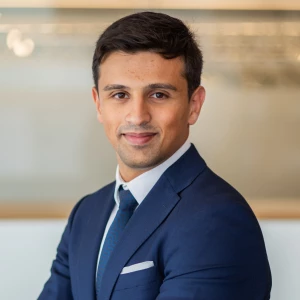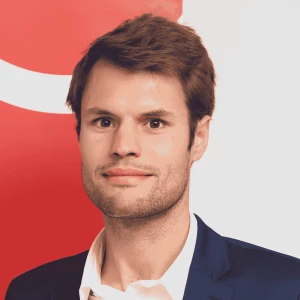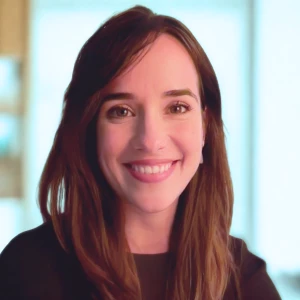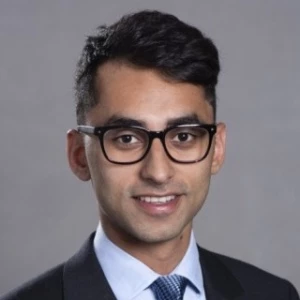I was just informed that I passed Casey and will be having my R1 interviews with BCG SEA this Friday. I hold a humanities degree, and my past internships were in the fields of media and content creation. I know the actual cases are the most important, but I'm still quite worried about the fit interviews. How do I answer fit questions if my experience has nothing to do with business/consulting? How in-depth will they be in this first round?
I'd appreciate any tips and tricks. Thank you.














